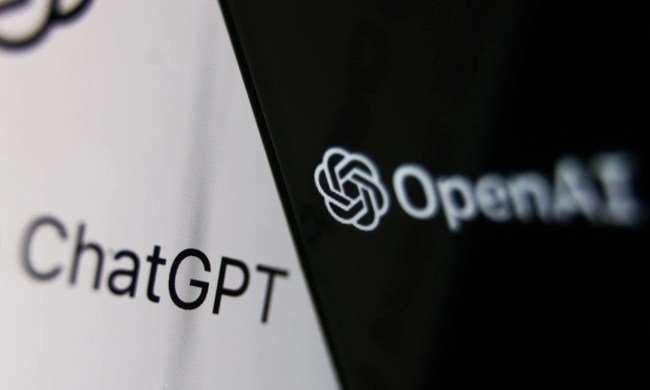After two years of work on design, construction, and A.I. training, the Mayflower Autonomous Ship — a.k.a. the fully autonomous trimaran that will cross the ocean from Plymouth, England to the U.S. — was today lifted into the waters in advance of its official launch Wednesday.
The vessel, which Digital Trends has covered in-depth before, will ultimately re-create the voyage of the original Mayflower, which carried settlers to America in the 17th century. It will officially set sail on this journey in spring 2021. However, the time before then will be well spent as the Mayflower Autonomous Ship will carry out various waterborne tests and research missions.
“Like most things, COVID slowed us down to start with,” Simon Holgate, technical research manager at IBM Research Europe, one of the groups behind the project, told Digital Trends. “Ironically for an autonomous ship, it was mostly in the areas which still rely heavily on humans. For example, [partner group, ocean research non-profit] ProMare had planned to test the A.I. Captain on a crewed research vessel in the Plymouth Sound from March this year. However, COVID-related social distancing has led to many of those traditional research ships being currently in dock. Unable to move forward with that part of the ship’s development, we’ve relied on virtual testing and some simulations at a special station on Mount Batten pier in Plymouth Harbor.”

Of course, that all changes now that the boat will carry out actual sea trials. Originally, the plan was for a big public launch event in Plymouth. But coronavirus scuppered these plans, too. Instead, there will be a smaller naming ceremony Wednesday, the 400th anniversary of the 1620 Mayflower voyage.
But just because the Mayflower won’t have any humans on board doesn’t mean you can’t follow along. To enable people around the world to stay updated, there’s an interactive web portal that offers real-time updates about the ship’s location, environmental conditions, and data from its various research projects. For younger fans (and the young at heart) there’s also an octopus chatbot called Artie, created with European startup Chatbotbay, who will discuss topics ranging from edge computing to colonialism.
“People can even help Artie fish out surgical masks, cigarette butts, and other increasingly common forms of ocean litter from a virtual ocean of facts and data,” Holgate said.


